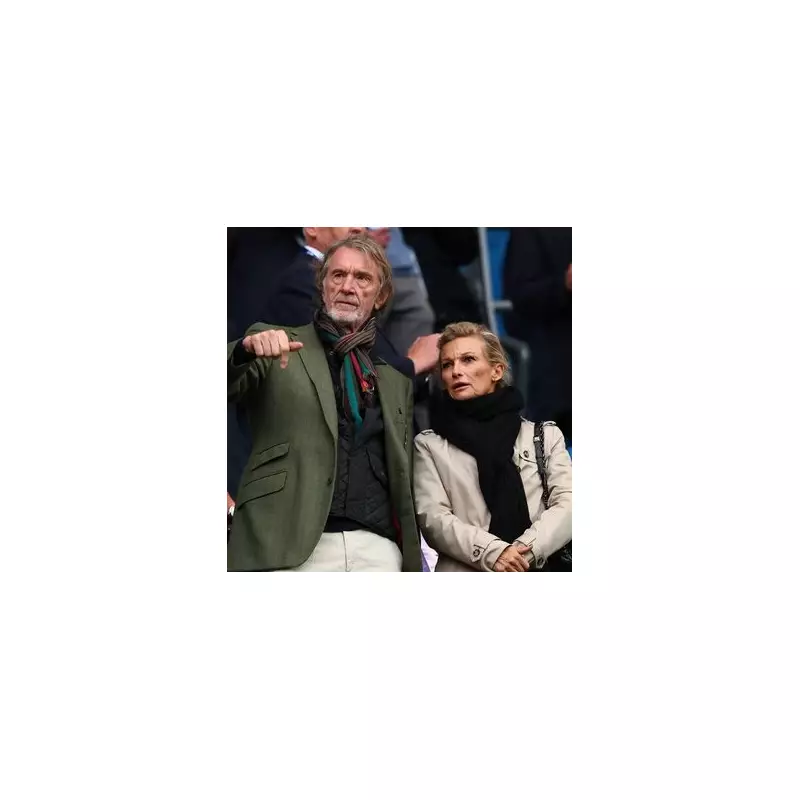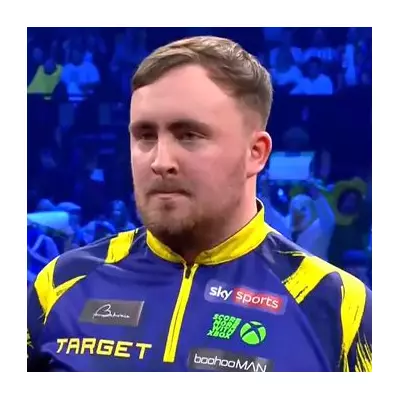
Manchester United are preparing to implement radical financial measures that could see their highest earners facing substantial pay reductions in what represents a major shake-up at Old Trafford.
The club's new hierarchy, led by Sir Jim Ratcliffe's INEOS group, is pushing for an internal salary cap that would automatically trigger wage cuts when the team fails to qualify for the Champions League. This dramatic policy shift comes as United face the financial consequences of their eighth-place Premier League finish.
The Champions League Clause
Under the proposed system, players could see their salaries reduced by up to 25% following failure to secure top-four qualification. This mechanism, already common among other elite clubs, represents a fundamental change to United's traditional wage structure.
Multiple sources confirm that emergency meetings have been scheduled to address the club's financial predicament, with players potentially facing the harsh reality of significantly diminished pay packets next season.
INEOS Implements Financial Discipline
Sir Jim Ratcliffe's regime is determined to instil fiscal responsibility throughout the organisation. The British billionaire, who acquired a 27.7% stake in the club, has identified the wage bill as a critical area requiring immediate attention.
United's current financial commitments see them spending approximately £226 million annually on player salaries, making theirs one of the highest wage bills in world football despite the team's inconsistent performances.
Player Contracts Under Scrutiny
The proposed changes would primarily affect new signings and contract renewals, with existing deals likely to be honoured under their original terms. However, the club's negotiating position in future discussions would be significantly strengthened by this new framework.
This strategic move aligns with the INEOS philosophy of performance-based remuneration, mirroring approaches already successfully implemented at clubs like Manchester City and Liverpool.
Broader Premier League Implications
United's potential adoption of a salary cap comes amid wider discussions about financial sustainability in English football. The Premier League continues to debate implementing league-wide spending controls, though consensus has proven elusive among member clubs.
Should United proceed with these measures, it could set a precedent for other clubs grappling with Financial Fair Play regulations and the financial pressures of modern football.
The coming weeks will prove crucial as players, agents, and club officials navigate these potentially transformative changes to United's financial architecture.





